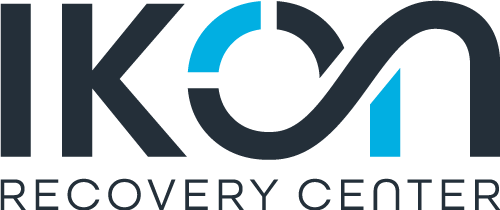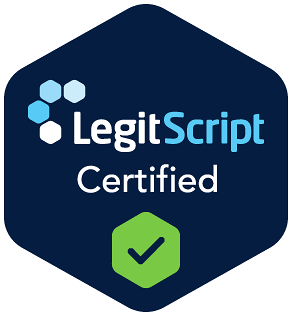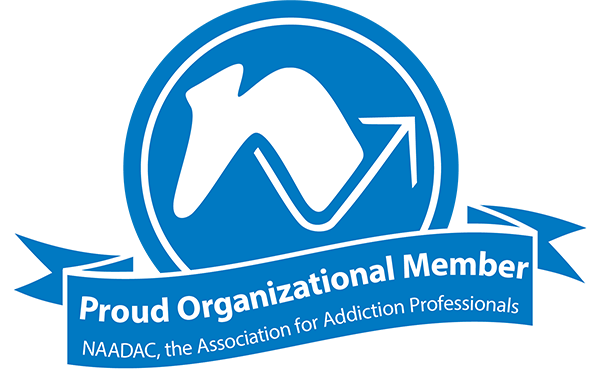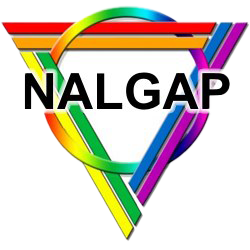[1] Chapman, A. L. (2006). Dialectical Behavior Therapy: Current Indications and Unique Elements. Psychiatry (Edgmont), 3(9), 62–68. Retrieved from https://www.ncbi.nlm.nih.gov/pmc/articles/PMC2963469/ on November 9th, 2023
[2] Linehan, M. M., & Wilks, C. R. (2015). The Course and Evolution of Dialectical Behavior Therapy. American Journal of Psychotherapy, 69(2), 97–110. Retrieved from https://doi.org/10.1176/appi.psychotherapy.2015.69.2.97 on November 10th, 2023
[3] Flynn, D., Kells, M., Joyce, M., Suarez, C., & Gillespie, C. (2018). Dialectical behaviour therapy for treating adults and adolescents with emotional and behavioural dysregulation: study protocol of a coordinated implementation in a publicly funded health service. BMC Psychiatry, 18(1). Retrieved from https://doi.org/10.1186/s12888-018-1627-9 on November 10th, 2023
[4] McMain, S. F., Chapman, A. L., Kuo, J. R., Guimond, T., Streiner, D. L., Dixon-Gordon, K. L., Isaranuwatchai, W., & Hoch, J. S. (2018). The effectiveness of 6 versus 12-months of dialectical programbehaviour therapy for borderline personality disorder: the feasibility of a shorter treatment and evaluating responses (FASTER) trial protocol. BMC Psychiatry, 18(1). Retrieved from https://doi.org/10.1186/s12888-018-1802-z on November 10th, 2023
[5] Haktanir, A., Karisse, C., & Callender, A. (n.d.). Meta-Analysis of Dialectical Behavior Therapy (DBT) for Treating Meta-Analysis of Dialectical Behavior Therapy (DBT) for Treating Substance Use Substance Use. Retrieved from https://epublications.marquette.edu/cgi/viewcontent.cgi?article=1601&context=edu_fac on November 10th, 2023
[6] Dimeff, L. A., & Linehan, M. M. (2008). Dialectical Behavior Therapy for Substance Abusers. Addiction Science & Clinical Practice, 4(2), 39–47. Retrieved from https://www.ncbi.nlm.nih.gov/pmc/articles/PMC2797106/ on November 10th, 2023
